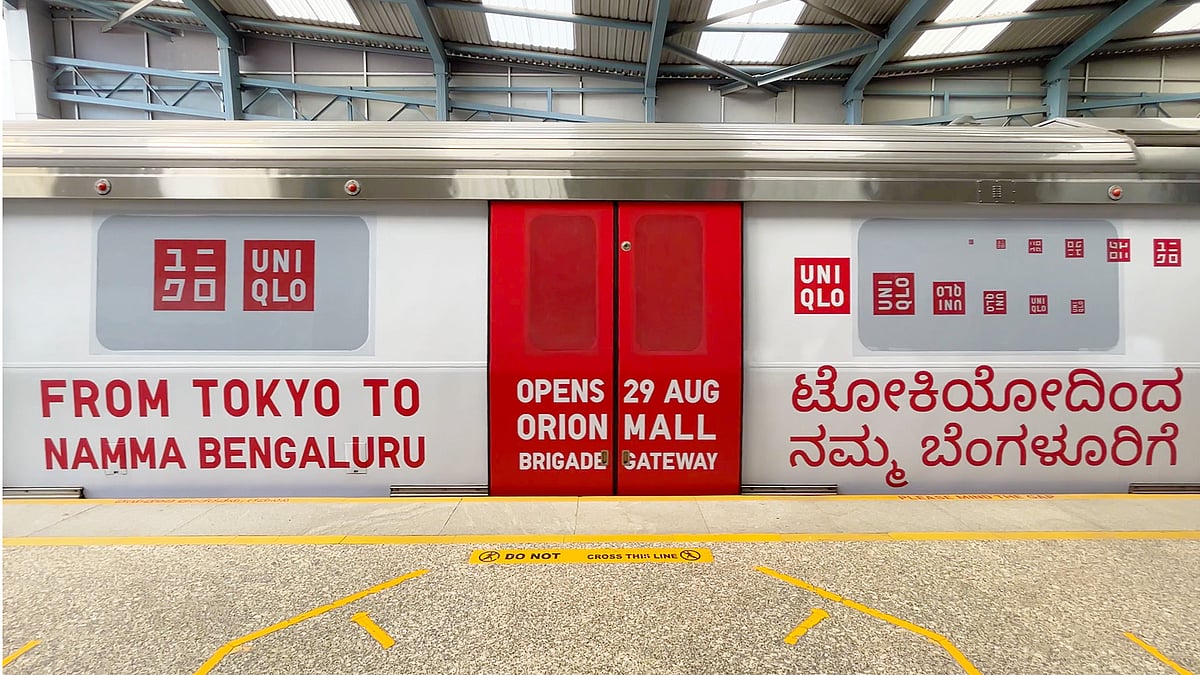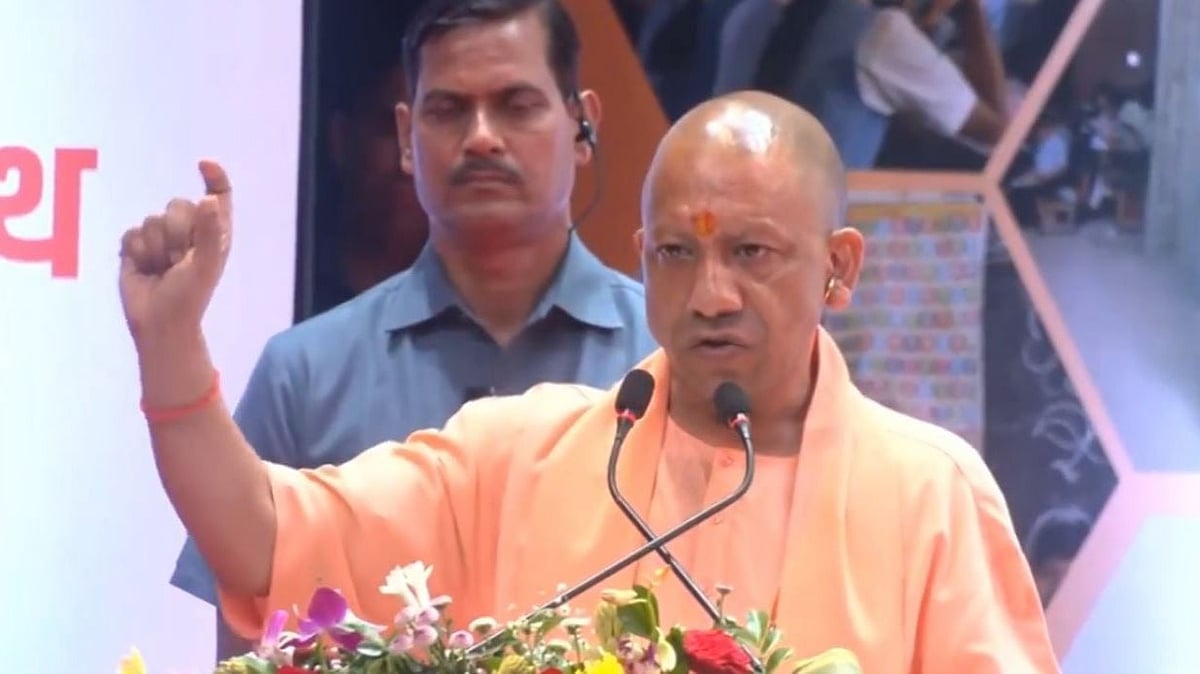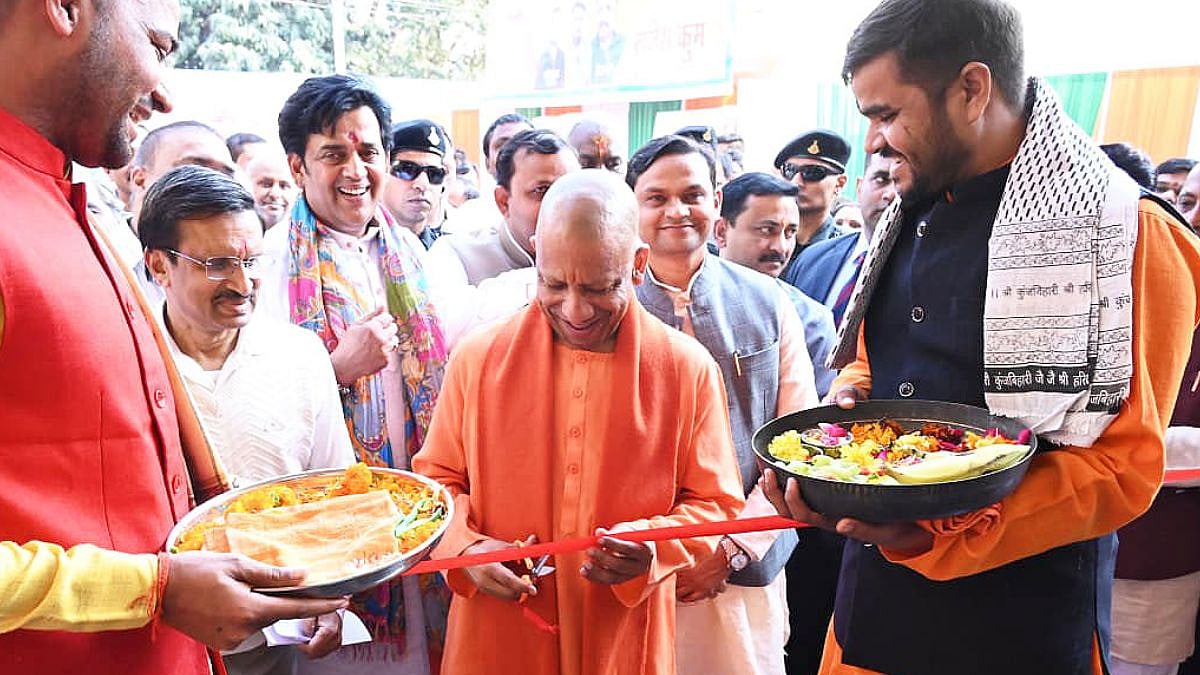While most international retailers compete by chasing seasonal trends, Uniqlo has quietly built a global empire around simplicity, function, and timeless appeal. Today, it stands as the world’s third-largest apparel company, present in over 25 countries, proof that fashion’s future doesn’t lie in constant reinvention, but in consistency and quality.
Uniqlo positions itself as a “LifeWear” brand. Its mission is clear: to make clothes that make life better. That philosophy, according to Nidhi Rastogi, Marketing Director of Uniqlo India, runs through everything the company does: “Whether it’s business, products, or customer experience, the culture of Uniqlo is rooted in asking: how can we genuinely make people’s lives better?”

Uniqlo’s appeal is not rooted in eye-catching seasonal collections but in understated basics elevated by cutting-edge fabric technology. Iconic innovations like HEATTECH (thin but warm thermal wear), AIRism (breathable summer fabrics), and Ultra Light Down (lightweight, packable jackets) are not just fashion items — they are solutions to everyday problems.
These innovations reflect a distinctly Japanese approach: clothing as a form of craftsmanship, combining tradition with technology. By working with textile innovators like Toray Industries, the brand creates patented fabrics designed to adapt to climate, lifestyle and comfort needs. It’s this practical innovation that resonates across cultures, making Uniqlo as popular in Paris as it is in Seoul or San Francisco.
The brand’s universality lies in its timelessness. A Uniqlo white shirt, black jeans, or quilted jacket looks equally at home on a Tokyo commuter, a New York professional, or a Delhi student. Its “democratic” positioning — affordable, wearable by all ages and demographics — has become central to its global acceptance.
When Uniqlo entered India in 2019, the timing could not have been tougher. Its launch store in Delhi opened just months before the Covid-19 pandemic disrupted retail worldwide. Yet, instead of stalling, Uniqlo doubled down on its philosophy of functionality and comfort, and Indian customers responded. Within three years, the company turned profitable — an unusually fast turnaround for a foreign retailer in India. By 2025, it crossed the INR 1,000 crore revenue mark.
So what explains this success? According to Rastogi, it begins with identifying a gap in the Indian market. “People want to be comfortable and look good at the same time,” she says. “We found that Indian customers are not just price-conscious, but value-conscious. They resonate with the functionality and reliability Uniqlo offers. Our repeat purchase rate is about 73%, which is very high for a retailer.”
Rastogi explains that the customer base in India spans from 18-year-olds to 60-year-olds, requiring diverse outreach. The brand invests heavily in digital platforms like Instagram, YouTube, and connected TV, which appeal to millennials and Gen Z, while also using traditional media for older demographics.
Indian expansion has been deliberate, thoughtful, and guided by both cultural fit and business metrics. The brand launched in Delhi, which Rastogi describes as a “natural choice.” As India’s fashion capital, with distinct seasons, Delhi offered Uniqlo a way to test its product range across climates. From there, the brand expanded to Chandigarh and Lucknow in the north, then westward to Mumbai and Pune, and now to the south, with stores opening in Bangalore in August.
Each move has been informed by both lifestyle and digital insights. For instance, Bangalore emerged as a priority because it aligns closely with Uniqlo’s ethos: a tech-driven, comfort-oriented city that mirrors the brand’s values of functionality and simplicity. It also happens to be the second-largest contributor to Uniqlo India’s e-commerce sales.
For global brands, balancing global identity with local resonance is the toughest challenge. Uniqlo has walked this tightrope skillfully. As Rastogi explains, “You have to find the balance between being global and being local. We keep our ethos of simplicity and authenticity but make it relatable for India.”
One example is the brand’s partnership with cricket legend Rahul Dravid. The campaign has even integrated AR/VR experiences during the store launches in Bangalore, allowing fans to interact with a digital Dravid — an inventive mix of tech-first innovation with a local icon. The campaigns have also involved figures from across the city’s ecosystem: chefs, mental health advocates, and fitness experts — reflecting the city’s diversity while embedding Uniqlo into local culture.
Even operational changes reflect localisation. Customer feedback led to self-checkout kiosks to reduce queues, additional fitting rooms, and expanded sizing options in popular categories like the bra top.
Uniqlo’s Indian story is part of a broader narrative of Japanese business philosophy successfully globalising. The company represents a merging of tradition and innovation: minimal, functional clothing rooted in craftsmanship, elevated by fabric technology and customer-first thinking. Its steady rise in India underscores both the universality of its appeal and the brand’s ability to adapt to cultural nuances.
As India emerges as one of the most important growth markets in the world, Uniqlo’s strategy offers lessons for all global retailers: don’t just enter a market — listen to it, localise thoughtfully, and build for the long term. As Rastogi puts it, “Our customers are mindful. They’re proud of the choices they make, and proud to be associated with the brand.” That is the true measure of resonance.









